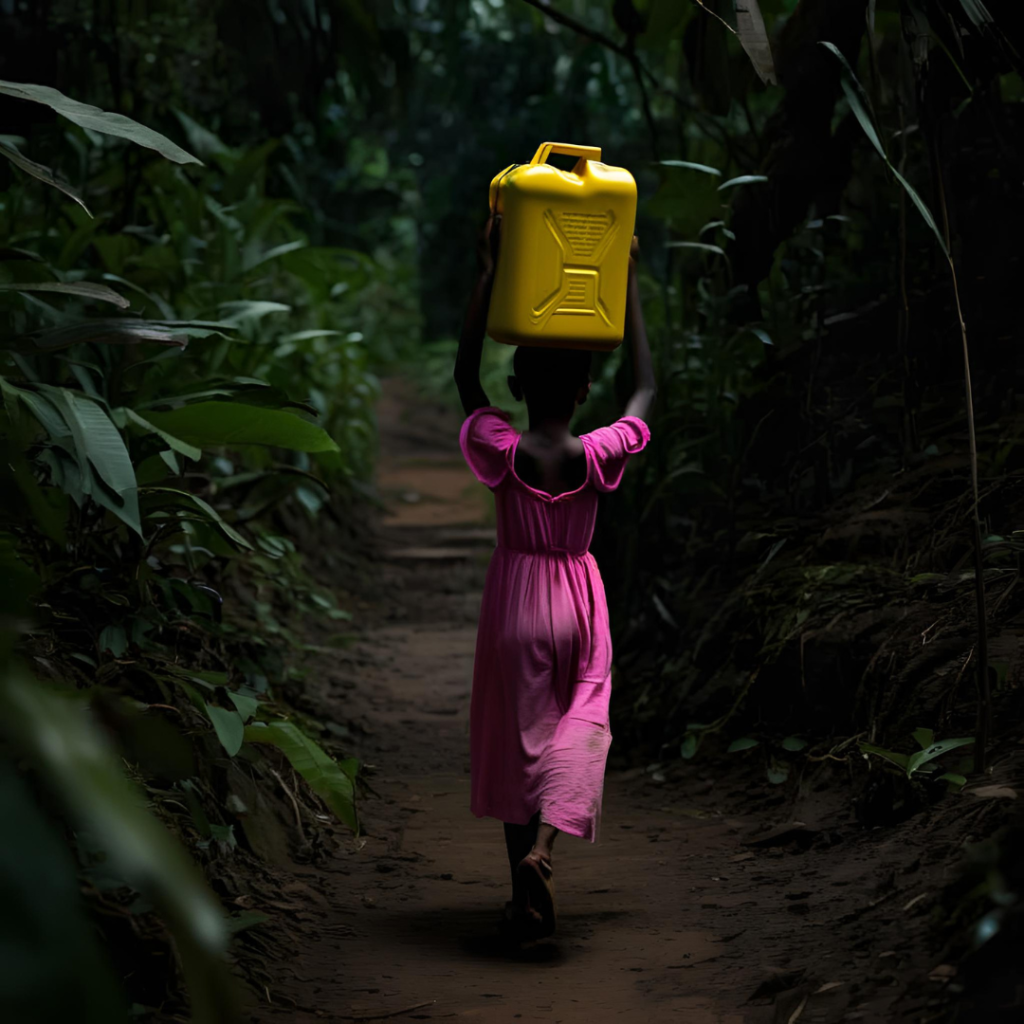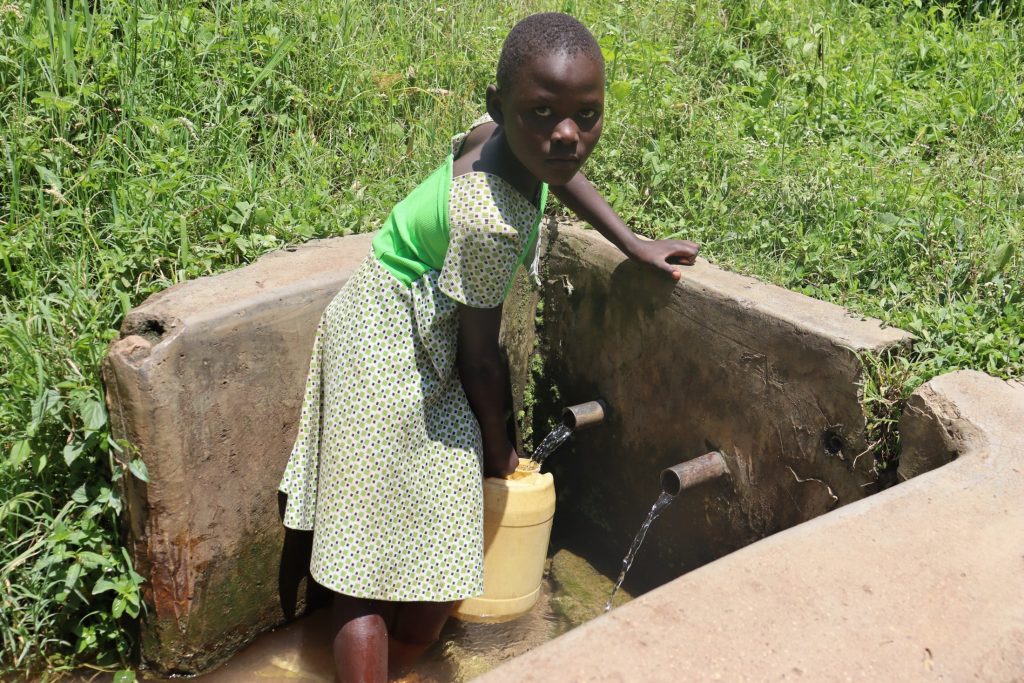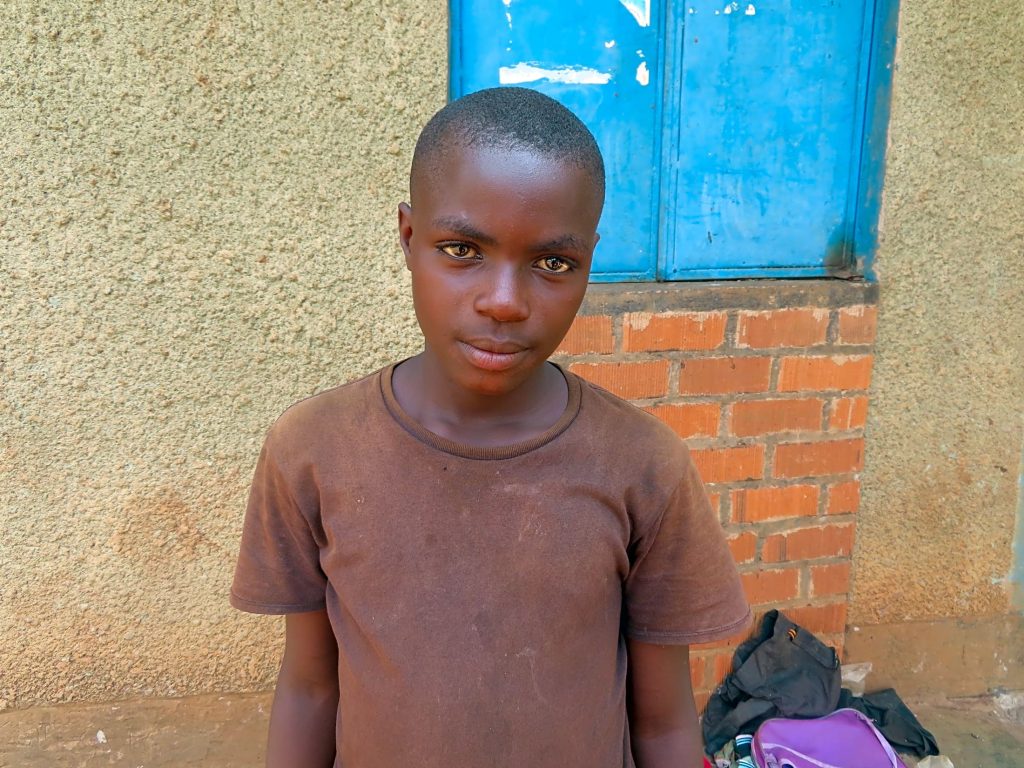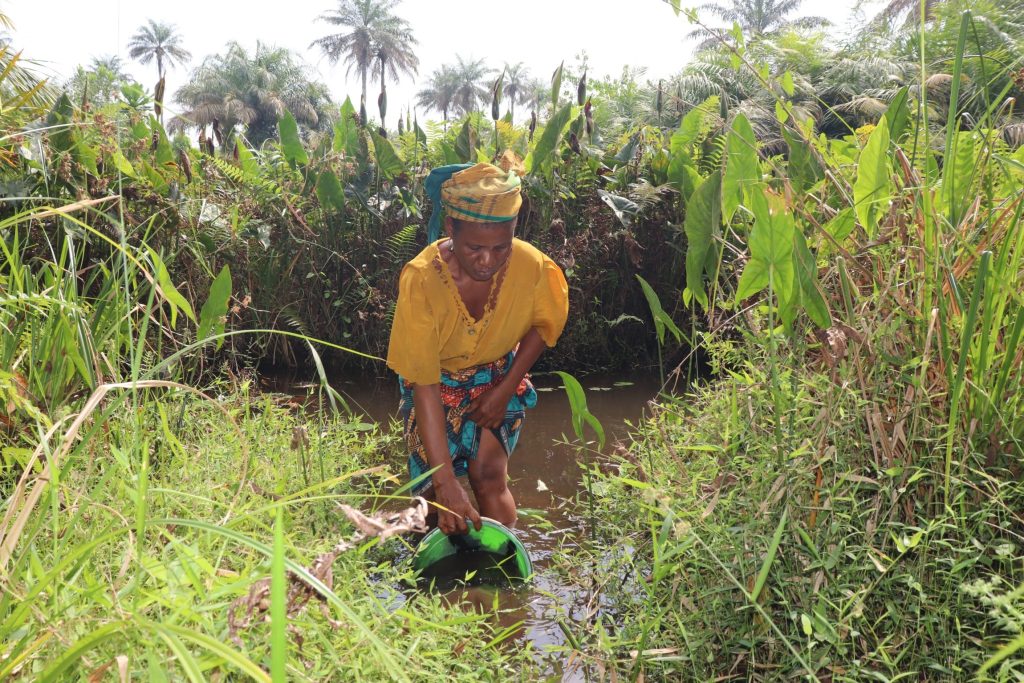Another Reason Fetching Water Risks People’s Lives: Dangerous Wildlife on the Way to the Water Point

There’s a reason why we hear about people fearing to fetch water: it’s often very dangerous.
In the past, we’ve covered a number of ways fetching water poses risks to people’s health and well-being. But while most people who can simply turn on the tap for a steady stream of water don’t think much about the dangers posed by venturing out to collect it, in our mostly rural work areas, animals and wildlife can be a daily concern for those who must travel any distance to collect water.
Snakes are hands down the animal community members most often fear. According to the World Health Organization, most snake bites happen in Africa, Asia, and Latin America. Every year, Africa has an estimated 435,000 to 580,000 snake bites that need treatment. We can only guess how many of these bites happen while people are fetching water. However, we do know that it is mostly vulnerable women and girls who fetch water for their households.
“I dread going to the spring alone because there [was] a time a big snake almost bit me,” shared nine-year-old Shalene from Kenya.

“I had to run for my life, but I had to go back to fetch water because my mother needed it for cooking,” Shalene continued. “Water is a necessity that we cannot live without. Whether it is contaminated, overcrowded, or dangerous we have to try our best to access it. [I] hope these problems will be resolved soon so that I can enjoy clean and safe water.”
“I was attacked by a snake when going to the swamp,” said 27-year-old Adama Kamara from Morie Bangura Community in Sierra Leone. “From that time, I became terrified when going to the swamp. I hardly go to the swamp alone unless someone accompanies me.”
And, snakes are but one of the potentially life-threatening animal adversaries people encounter when fetching water.
“Sometimes when we go to the swamp, we find gorillas, and we end up not collecting water, and thus fail to wash our uniforms,” said 12-year-old Ivan from Kyakaki Community in Uganda.

“And since the teachers usually punish and send us back home when we go [to school] with dirty uniforms, we automatically don’t go to school. Last term, I missed going to school for two days because we had no water at home, so I couldn’t go with dirty uniforms.”
While gorillas generally don’t attack humans, they do behave unpredictably and may become angered if provoked. Approaching them would have been unwise for Ivan, so he was unable to acquire water from the only source available to him. And dirty school uniforms are the least of a community’s worries when they have to ration the water they have. Without ample water, people can’t attend to their personal hygiene, which increases the likelihood of potentially fatal diseases.
“Sometimes, on my way to the swamp, I see snakes, spiders, and scorpions. Sometimes, I broke my mother’s rubber buckets when I tried to run from those dangerous animals, and I came home without water and a broken bucket,” said 15-year-old Isatu from Kennenday Community in Sierra Leone.
“The water source poses great dangers because water animals like crocodiles often attack community members fetching water,” said field officer Jefferson Mutie, when writing his report about Kitile Community in Southeast Kenya. “In 2019, one person is reported to have been halved by a hippo while fetching water. This made the community retreat [from] fetching water for a while.”
While each of these communities has had new water points installed — which we hope has eliminated their fears — there are many others for whom the journey to fetch water is still treacherous.
This is true for the people of Madonkeh Community in Sierra Leone, whose borehole well project is still awaiting funding. At this time, their only source of water is a nearby stream in a swampy area rife with predators. According to field staff, gorillas, foxes, bush cats, and venomous snakes have all been known to attack people who venture to the swamp for water here.
“It is not easy to reach the stream because the road is far, bushy, and dangerous,” said 50-year-old Yaeah Kargbo from Madonkeh. “Sometimes, when the sun is hot, I would not send my children because that is the time snakes become desperate and bite animals or human beings.”

If you find reading about encountering such animals difficult, imagine how it would be to make such a journey every day, rain or shine — to be alone, in the bush of sub-Saharan Africa, knowing that snakes lie in wait to strike, yet fearing the consequences of not bringing water home.
But you can help Yaeah’s children avoid that terrifying journey through the swamp where venomous snakes dwell. Your generosity toward the people of Madonkeh will bring a clean water point right to their doorsteps, potentially saving the loss of life a snake bite could cause — and definitely saving lives through the power of safe, reliable water.
Home More Like ThisTweet